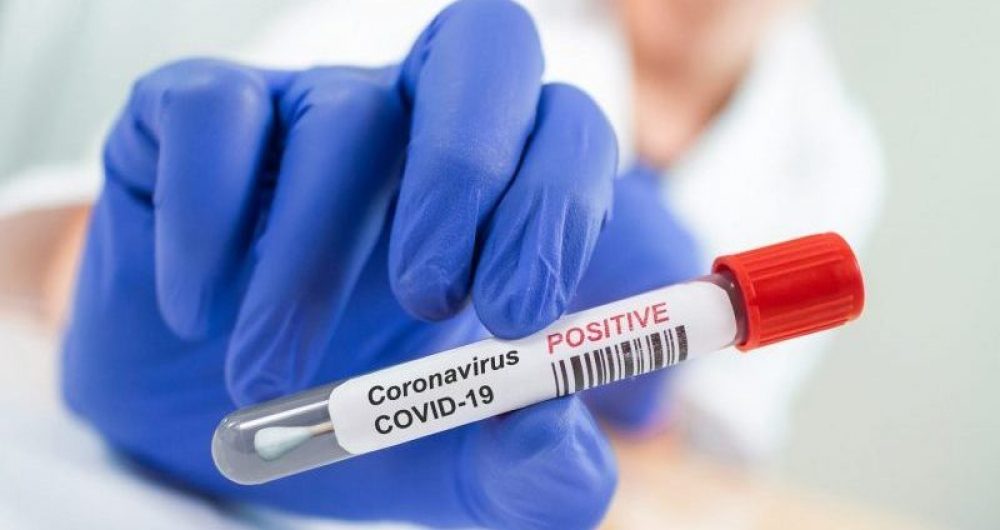The use of rapid tests to keep pupils who have been in close contact with Covid cases in the classroom has not been authorised to be used in this way, the regulator has publicly confirmed.
The intervention by the Medicines and Healthcare products Regulatory Agency (MHRA) comes after the Department of Health and Social Care (DHSC) said today a report from The Guardian that rapid tests in schools had not been authorised were “not true”.
But the MHRA has now confirmed to Schools Week it has “not issued an Exceptional Use Authorisation for that self-test device for ‘serial testing’ for school pupils who have been exposed to a confirmed positive COVID case that would enable them to attend school as normal”.
However the government said regulatory approval is not needed as testing in schools is ‘assisted testing’ – where someone swabs themselves under the supervision of a trained operator.
Under a mass roll-out of rapid testing in secondary schools, staff are tested weekly, while pupils and staff who are identified as close contacts of confirmed cases can be tested daily for seven days. If they return a negative tests, they are allowed to stay in school.
But the MHRA said it “continues to advise that close contacts of positive cases identified using the self test device continue to self-isolate in line with current guidelines. Discussions with Test and Trace regarding any future exceptional use cases are ongoing.”
Current government guidance states if you have been in contact with a person who has tested positive for Covid, “you must stay at home and complete 10 full days’ isolation”.
The DHSC said close contacts have the option to stay in the classroom if they test negative as part of the daily rapid testing. The rapid test is not mandatory and a pupil can still choose self-isolation if they wish.
The disclosure follows concerns over the accuracy of the tests to pick up cases.
Professor John Deeks, of the Institute of Applied Health Research at the University of Birmingham, previously told Schools Week the regulator had approved the test “to be used to detect cases, but they have not approved it to be used as to do what they call ‘test to enable’ which is this testing to let children stay in class.”
However the MHRA said the use of the tests in this was was “not subject to our approval”.
A spokesperson for the regulator added: “The Innova test can be used under trained supervision in a school setting which means that the test is being used within the manufacturer’s intended purpose.
“We have provided NHS Test and Trace with some considerations that they need to take account of when deploying tests in this way – including undertaking a risk assessment – but it is not subject to our approval.”
The Department for Education has already confirmed this morning the mass testing programme in schools – due to be expanded to primary school staff next week – will continue as planned.
A government spokesperson said: “Daily testing of close contacts as a replacement for self-isolation is only possible on test sites in secondary schools and colleges, where a trained member of staff oversees the testing.
“The MHRA themselves have made clear that they do not need to authorise this programme.”
A spokesperson for the DHSC added: “We are testing teachers and students weekly on site to find positive cases and break the chains of transmission. In addition, as part of an ongoing evaluation, we are doing daily contact testing in schools using an assisted testing model.
“The evidence and lessons from these and other evaluations will be used to inform our review of the effect of daily contact testing on breaking chains of transmission and any future plans.”
Paul Whiteman, general secretary of school leaders’ union NAHT, said it was another “extremely confusing situation for schools and parents alike”.
“The government may feel that it has been clear about the use of lateral flow testing in schools, but there is enough of a difference between what they have said so far and what the MHRA has said, to create another chaotic situation. ”
He added: “Both parties must urgently correct this, otherwise the government’s mass-testing plans will be in tatters, and schools will yet again be left to pick up the pieces.”








Your thoughts